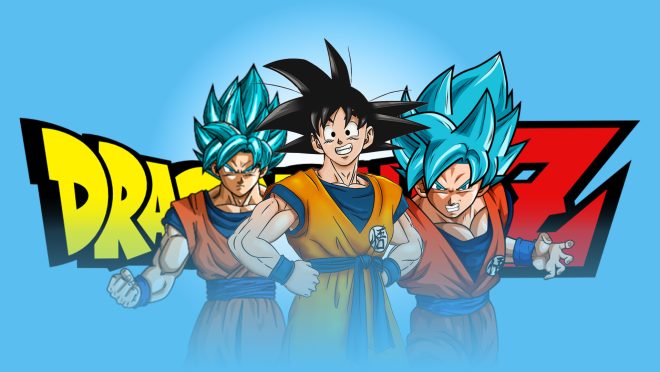Dragon Ball Z: The Anime Revolution by Akira Toriyama
Dragon Ball Z: The Anime Revolution by Akira Toriyama

For most, if not all, children growing up in the late ’90s to early 2000s in Bangladesh, the first real taste of anime was Cartoon Network’s broadcasting of Dragon Ball Z. Since its debut, this iconic anime has captivated audiences worldwide, shaping the way we view and appreciate the medium. From its dynamic characters and epic battles to its themes of friendship, perseverance, and self-improvement, Dragon Ball Z has left an indelible mark on the hearts and minds of fans everywhere, inspiring countless individuals and influencing the anime industry as a whole.
Akira Toriyama, the Japanese author, is best known for his manga series, Dragon Ball, which debuted in 1984, portraying the story of a young boy named Goku in his quest to collect magical dragon balls to protect the Earth from alien humanoids known as Saiyans. In 1989, when the manga series was developed into an anime series, it gained global recognition and sold 260 million copies collectively, per Toriyama’s studio.
Dragon Ball Z first aired in Japan in 1989 as a sequel to the original 1986’s Dragon Ball series and ran till 1996. After that, Dragon Ball GT came out and ran from 1996 to 1997. From its gripping storyline to its iconic characters like Goku, Vegeta, and Piccolo, Dragon Ball Z quickly captured the imaginations of viewers, both young and old. Its unique blend of martial arts, science fiction, and fantasy elements set it apart from other anime of its time, establishing it as a cultural phenomenon that would resonate with generations to come.
One of the most significant ways in which Dragon Ball Z has shaped and inspired anime lovers worldwide is through its impact on pop culture. The series has become a cultural touchstone, referenced and parodied in countless other forms of media, including television, film, music, and literature. Moreover, Dragon Ball Z has spawned a vast array of merchandise, including action figures, video games, clothing, and collectibles. Fans around the world proudly display their love for the series through cosplay, fan art, and dedicated fan communities.
In addition to its cultural and personal impact, Dragon Ball Z has played a significant role in shaping the anime industry itself. Its immense popularity paved the way for the global expansion of anime, helping to introduce the medium to audiences outside of Japan and inspiring a new generation of creators and storytellers. The success of Dragon Ball Z also contributed to the rise of the shonen genre, characterised by action-packed storylines, larger-than-life battles, and themes of friendship and rivalry. Countless anime series and manga have since drawn inspiration from Dragon Ball Z, paying homage to its legacy while pushing the boundaries of storytelling and animation.
When news of Akira Toriyama passing on March 1 was announced from his own production house, Bird Studios—to say that the world of anime fans fell into despair would be an understatement. Toriyama, deeply influenced by films, became an exceptional artist, as seen in his manga characters and video game illustrations. His passion for drawing was sparked by Disney’s “One Hundred and One Dalmatians” and solidified by Osamu Tezuka’s “Astro Boy.”
In a 2013 interview with The Asahi Shimbun, Toriyama expressed his sole intention of entertaining through his manga. His most famous work, “Dragon Ball,” is overshadowed only by his breakthrough series, “Dr. Slump,” which led to a media empire similar to “Dragon Ball.”
Toriyama’s character designs for the Super Nintendo game “Chrono Trigger” contributed to its global success, selling over 3 million copies and earning acclaim as one of the best video games ever. He also designed characters for “Blue Dragon,” a critically acclaimed multi-platform RPG released in 2006.
Toriyama’s work, through the captivating storytelling, memorable characters, and universal themes, has left an indelible mark on the hearts and minds of fans worldwide, shaping the way we view and appreciate the medium.
As we continue to mourn for Akira Toriyama, let’s celebrate the legacy of Dragon Ball Z and remember the lessons it has taught us about courage, friendship, and the limitless potential of the human spirit. May its spirit of adventure and determination continue to inspire future generations of anime lovers for years to come.
In the honour of Akira Toriyama, the Icon Who Globalised Manga and Anime.


